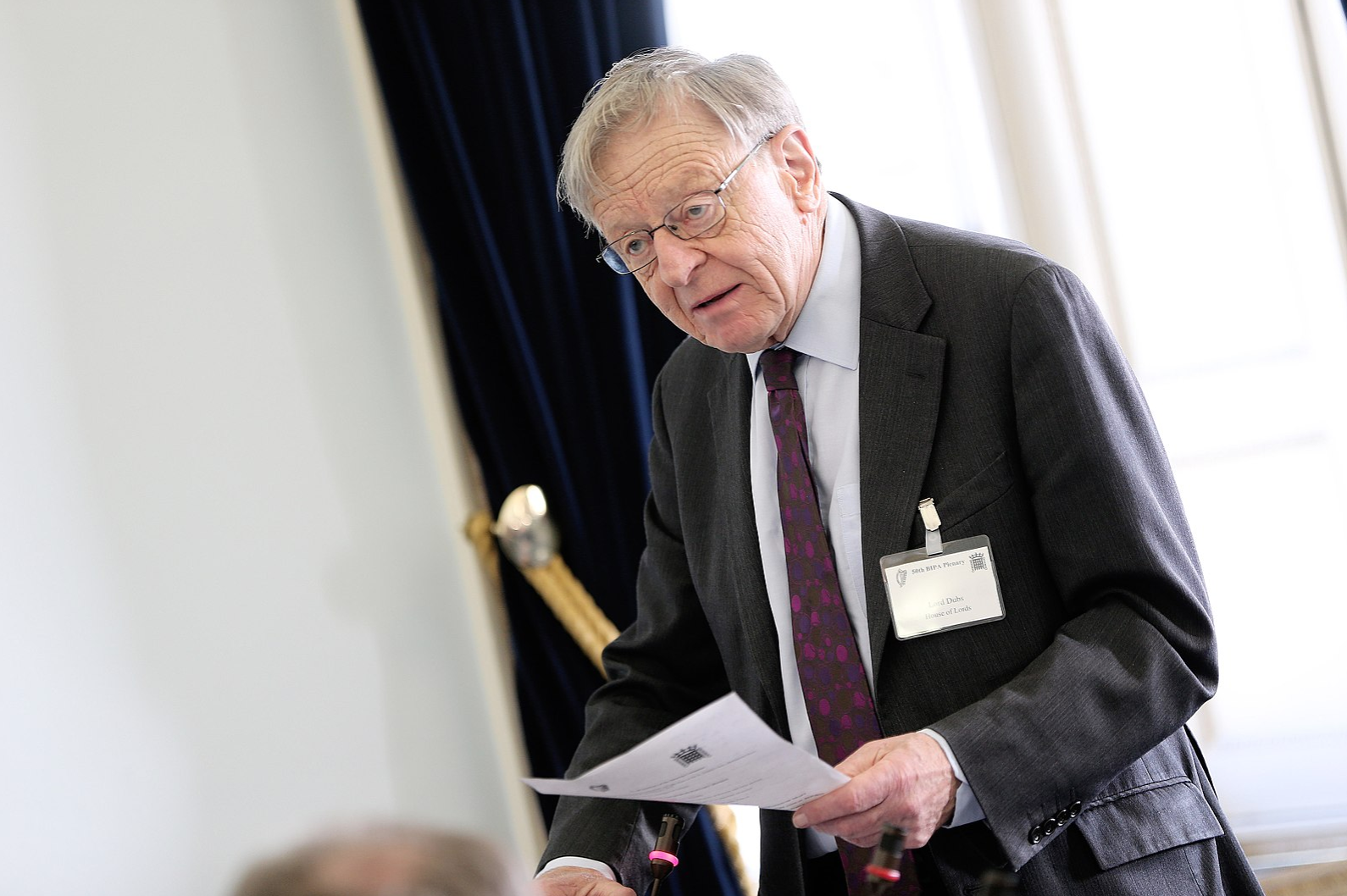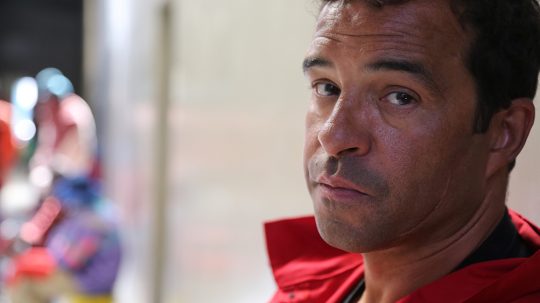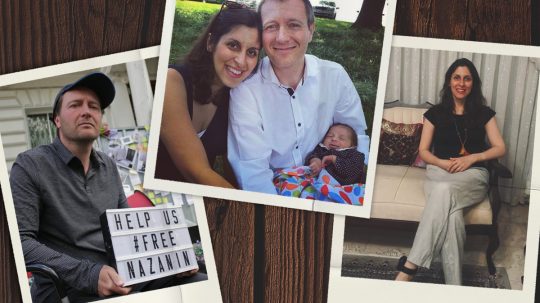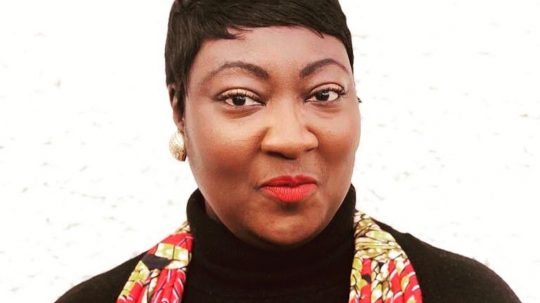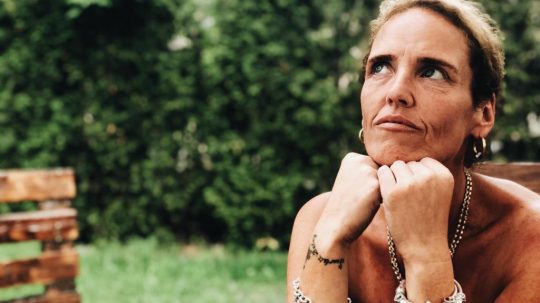“I don’t know if I’d have been willing to take a chance on the back of a lorry or a dinghy,” said Lord Alf Dubs, on whether he feels he would be welcomed if he had made his journey to Britain as a child refugee today.
“I think once I’d got here I might have been welcome. But I think getting here might have been quite a difficult process,” he added. “I might have been stuck in Calais.”
Born in Prague in 1932, Dubs came to the UK as part of the the 1939 Kindertransport rescue effort which brought around 10,000 children to safety amid the atrocities of the Holocaust.
He is now a Labour peer in the House of Lords, one who campaigns vocally for the rights of child refugees to be protected following Britain’s departure from the European Union.
Dubs’ comments conjure up the image of his remarkable life story being mirrored again in decades time, but with the lead protagonist instead played by one of the hundreds of children currently stranded in northern France’s makeshift refugee camps.
Charities recorded more than 250 unaccompanied children, some as young as 11, sleeping rough in Calais in August this year. Many of the people staying there are seeking sanctuary in the UK – or are hoping to reunite with family members – after escaping war, persecution, insecurity or poverty in their home countries
But Dubs, and other refugee and asylum experts, have long argued that there is a lack of safe and legal pathways for these people to try to claim asylum or be considered for family reunification in UK.
This lack of safe routes and the desperate conditions in the camps are said to be contributing factors to the growing numbers of people attempting the treacherous journey across the English Channel by small boat.
“Many people fleeing war and persecution feel forced to put their lives into the hands of criminal smugglers because there are no safe and legal routes to claim asylum in the UK,” Stephen Hale, the chief executive of Refugee Action, told the Guardian in May.
“It’s completely understandable why people are resorting to making the perilous journey across the channel,” added Fizza Qureshi, the co-chief executive of Migrants’ Rights Network. “They’re desperate and want to be with their loved ones.”
On Tuesday, a family of four died while attempting to cross the Channel – including a nine-year-old girl and five-year-old boy.
Today’s tragic loss of life in the Channel, involving children, is heartbreaking. These deaths are a result of the increasing desperation of refugees as their legal routes to safety close. Without legal routes their journeys are dangerous and traffickers are the only winners.
— Alf Dubs (@AlfDubs) October 27, 2020

